
How Strong is Your Password? Lets Find Out.
.png)
Password vulnerability is more common than you might think.. Luckily, it’s simple once you know a few basic principles. These apply to all your online accounts.
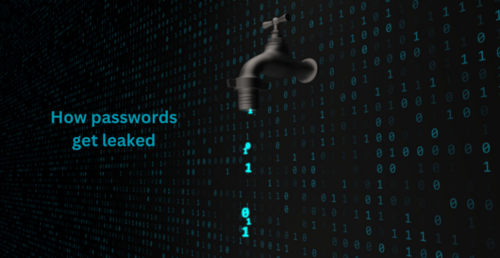
Here’s a hypothetical example of how the password to a Luno account could get leaked:
Years ago, Julie signed up for her first email account. Unfortunately, she didn’t know much about security at the time and used the same password on another site. The site didn’t have good protection in place, and several years later hackers managed to steal all passwords from its user base.
Julie never changed her email password or turned on two-factor authentication, meaning the hackers could easily guess the password and gain access. With control of her email, the hackers then requested a password reset for her Luno account (which didn’t have two-factor authentication either.) So despite Luno’s impeccable security, they could simply log into her account and steal from her.
We encourage all our customers to use strong passwords and turn on two-factor authentication to avoid preventable security problems. Including Julie.
A strong password should include:
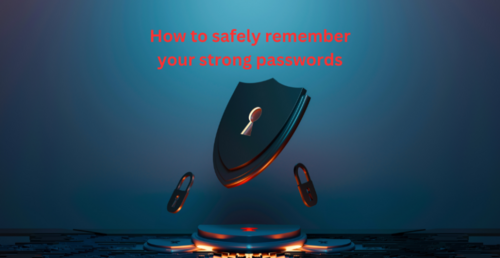
Many people use weak passwords because it’s difficult to remember numerous strong ones. But there’s a solution that lets you enjoy security and simplicity: a password manager.
It’s a desktop program or app alongside a browser extension that records and auto-fills all your passwords for you. Some people worry about using a manager because the company might get hacked and lose all their passwords. This is a valid concern, but password management services use strong encryption methods, so it is still more secure than trying to remember all your individual passwords.
It is crucial that you take the utmost care with securing your password manager account. You can do this by keeping software up to date and using two-factor authentication, which is the best way keep your passwords safe. At Luno we use LastPass, which generates long strings of random characters and stores them for you
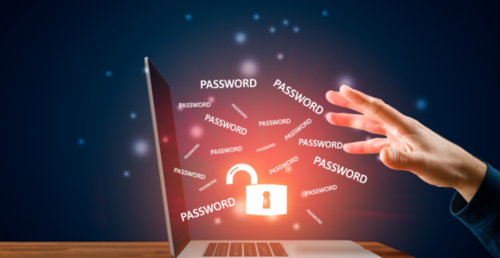
How to make your passwords stronger to secure your account
This article explains the difference between a strong password and a weak one. It includes tips and examples for making a password stronger.
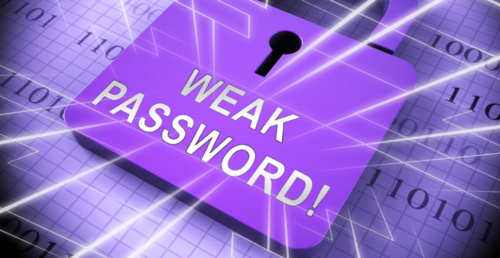
Hackers and computer intruders use automated software to submit hundreds of guesses per minute to user accounts and attempt to gain access. These tools use lists of dictionary words to guess the password sequentially. Some tools add common symbols, numbers, or signs that may be added to the password to make it more complicated.
NOTE : Never use "password" as your password. A surprising number of people make this mistake.
Dictionary hacking tools that use an English dictionary list easily find words in that dictionary. If the simple word doesn't give access to an account, the device modifies the submission and tries other iterations of the same word.
For example, a Dictionary hacking tool would attempt these iterations of the word Dog:
Password-guessing tools submit hundreds or thousands of words per minute. If a password is anything close to a dictionary word, it's incredibly insecure. When a password does not resemble any regular word patterns, it takes longer for the repetition tool to guess it.
Passwords with personal information, such as your birthdate or street address, are also easy targets for hackers.
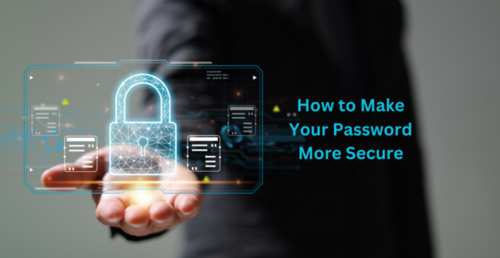
To keep your accounts secure, make a strong password that's difficult to guess and store it in a password manager so you won't forget. A strong password is more resistant to guessing, so it's unlikely to be found in a brute force dictionary hack.
The best way to create a secure password is to start with a simple password and turn it into a complex one.
The table below shows examples of a simple password that is progressively made more complex. The first column lists simple words that are easy to remember and are found in the dictionary. The second column is a modification of the first column. The last column shows how the simple password is converted into one that is harder to figure out.
| Weak Password | Better Password | Strong Password |
|---|---|---|
| kitty | 1Kitty | 1Ki77y |
| susan | Susan53 | .Susan53 |
| jellyfish | jelly22fish | jelly22fi$h |
| smellycat | sm3llycat | $m3llycat |
| allblacks | a11Blacks | a11Black$ |
| usher | !usher | !ush3r |
| ebay44 | ebay.44 | &ebay.44 |
| deltagamma | deltagamm@ | d3ltagamm@ |
| ilovemypiano | !LoveMyPiano | !Lov3MyPiano |
| Sterling | SterlingGmal2015 | SterlingGmail20.15 |
| BankLogin | BankLogin13 | BankLogin!3 |
Here are other examples of password variations that purposely avoid using complete English word patterns:
By injecting numbers and special characters instead of letters, these passwords take exponentially longer for a dictionary program to guess.
4 Ways to Protect Yourself Against AI Guessing Your Passwords
FAQ
What is the best password manager?
Some of the best password managers include Dashlane, KeePass, and Keeper. Good password managers work with multiple browsers, include encryption, and are easy to use.
Are password generators safe?
Password generators can be one way to create strong passwords. It is important to use best practices, such as creating lengthy passwords, using a different password for every account, and changing passwords every 90 days, even when using a password generator.
Was this page helpful?

About: Andries vanTonder
Over 40 years selfemployed
He is a Serial Entrepreneur, an Enthusiastic supporter of Blockchain Technology and a Cryptocurrency Investor
Find me at my Markethive Account | My Twitter Account | My Instagram Account | My Facebook Account
